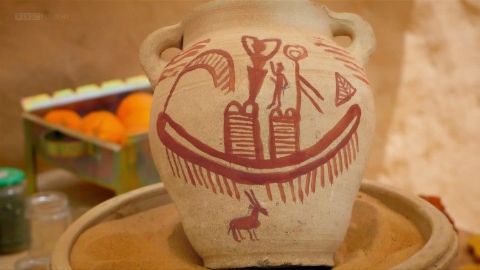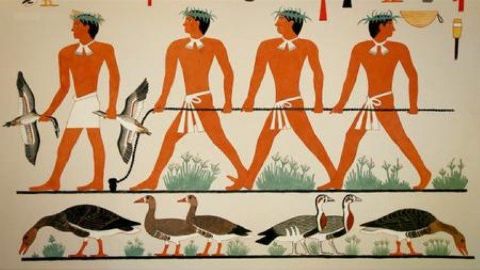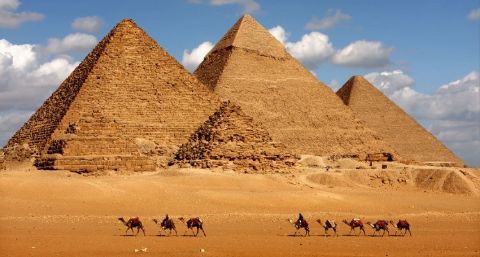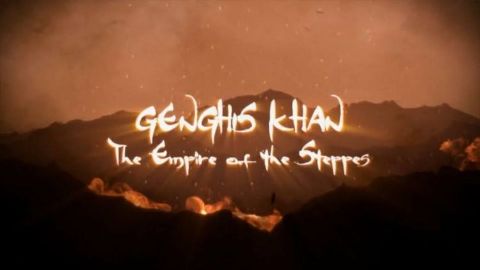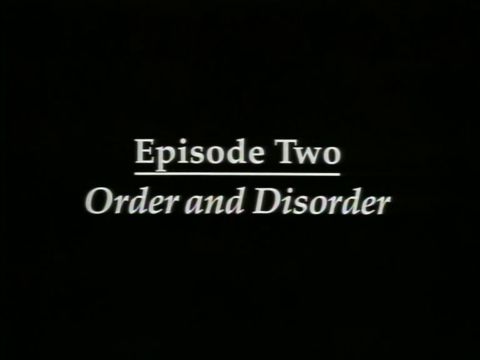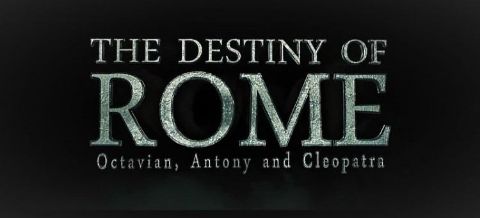The Birth of Art • 2014 • episode "S1E1" • Treasures of Ancient Egypt
Tracing the origins of Egypt's unique visual style, he treks across the Sahara and travels the Nile to find the rarely-seen art of its earliest peoples. Exploring how this civilisation's art reflected its religion, he looks anew at the Great Pyramid, and the statuary and painting of the Old Kingdom. Sooke is amazed by the technical prowess of ancient artists whose skills confound contemporary craftsmen.
Make a donation
Buy a brother a hot coffee? Or a cold beer?
Hope you're finding these documentaries fascinating and eye-opening. It's just me, working hard behind the scenes to bring you this enriching content.
Running and maintaining a website like this takes time and resources. That's why I'm reaching out to you. If you appreciate what I do and would like to support my efforts, would you consider "buying me a coffee"?
Donation addresses
BTC: bc1q8ldskxh4x9qnddhcrgcun8rtvddeldm2a07r2v
ETH: 0x5CCAAA1afc5c5D814129d99277dDb5A979672116
With your donation through , you can show your appreciation and help me keep this project going. Every contribution, no matter how small, makes a significant impact. It goes directly towards covering server costs.
